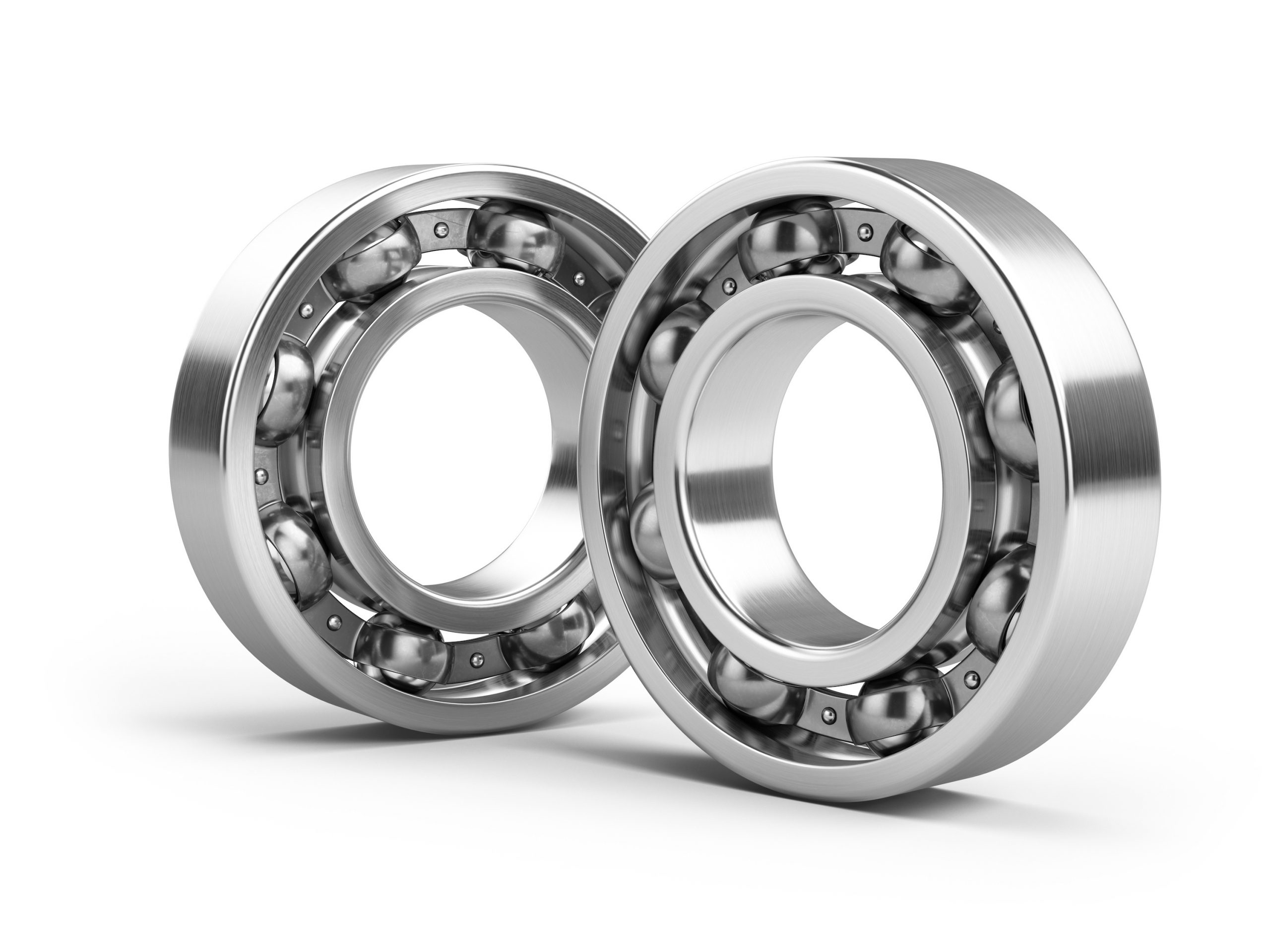

Your vehicle’s systems experience a significant amount of wear and tear during ongoing use – exposing them to heat, corrosion, dirt, friction, or motion. To protect these systems and ensure a more comfortable operation of the vehicle, there are components designed to control these wear and tear conditions. Your vehicle’s wheel bearings are one of these components. Wheel bearings are part of your drivetrain’s wheel assembly and are designed to reduce friction from excessive motion and help your wheels spin smoothly. In this month’s blog post, we examine the role that your vehicle’s wheel bearings play and what to expect when they are worn or damaged.
What are the wheel bearings?
Wheel bearings are part of the wheel assembly that connects the wheel to the axle. They reduce friction and let your wheels spin freely with little resistance. They are held together inside small rings located within the wheel hub assembly.
The two most common types are ball bearings and roller bearings. Roller bearings are small cylinders that sit within a cylinder housing. They’re easy to access for repair but also easily contaminated by dirt and grime. Ball bearings, on the other hand, are little balls that are typically sealed and have less likelihood of contamination from dirt or debris.
What problems can you experience with wheel bearings?
Your wheel bearings are designed to last a long time, but they can still be victim to wear and tear. Whether it is heat, friction, or corrosion from dirt and grime, the bearings can begin to deteriorate and fail to perform their vital function.
When your wheel bearings are impacted by wear and tear, you may notice specific evidence of their failure, including:
- Grinding or grating sounds: If your wheel bearings are rubbing with the rings that house them, you will hear the grinding sounds of metal against metal coming from the wheel. This sound may be louder when you are accelerating the vehicle.
- Vibration of wheel: Loose or worn bearings may slip and cause the wheel to wobble or vibrate during operation. Your steering wheel may also vibrate. Vibration may be a sign of a misaligned wheel, but it may also be indicative of wheel bearing issues.
- Uneven Tire Treads: The condition of your tire treads can be affected by faulty wheel bearings. Misalignment or underinflated tires may also a cause of uneven tire treads, but it is worth having your wheel bearings inspected to rule them out as the source of the problem.
How can you keep your wheel bearings in good condition?
There are three ways to keep your wheel bearings in good condition:
- Have a service professional inspect the bearings for wear, tear, or damage. They should spin each wheel to listen for noises and look for vibration or resistance.
- Stay out of mud and water. When you drive through muddy road surfaces, this grime and water can get inside your bearings and cause corrosion and damage.
- Have your wheel bearings lubricated periodically. This is something you should speak with your regular service provider to include in your maintenance routine, following your vehicle’s manufacturer’s recommendations.
While your wheel bearings may not be an immediate service item, they are something you should stay alert to and have serviced on a periodic basis to ensure top driving performance and safety. If you have any concerns about your wheel bearings, contact the service professionals at Car Kings to schedule an appointment and inspection.
